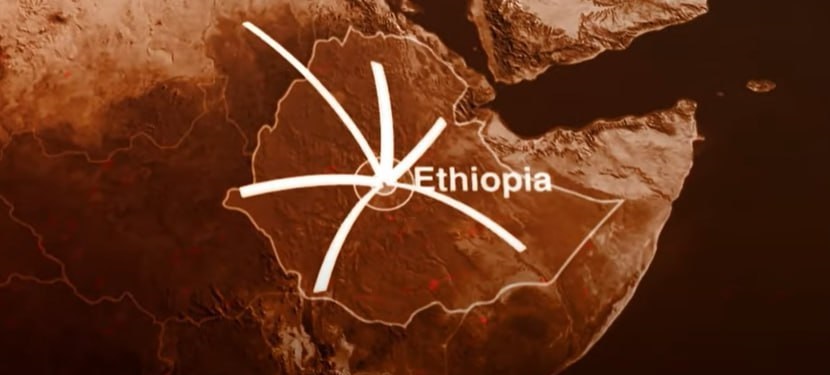Scholars Underscore Ethiopia's Quest for Sea Outlet Fair, Vital for Future Generation - ENA English
Scholars Underscore Ethiopia's Quest for Sea Outlet Fair, Vital for Future Generation

Addis Ababa, June 13, 2025 (ENA)— Ethiopia's quest for sea outlet is fair, ensures mutual benefits, and based on the future needs of its citizens, scholars emphasized.
Despite having East Africa's largest population and fast-growing economy, the country's landlocked status has challenged its growth.
Studies show that countries with sea outlets record two to three percent annual economic growth.
This shows that its lack of sea access not only constrains the economy but also carries significant strategic implications.
Institute of Foreign Affairs lead researcher Amare Kenaw told ENA that the issue of sea outlet is more than economic benefit.
According to him, securing access to sea is crucial and of paramount importance to a country's sovereignty and security.
Ethiopia's quest for sea outlet is just, promotes mutual benefit, and is driven by the long-term needs of its populace.
The scholar further noted that Ethiopia's quest for sea access peacefully has recently garnered support from various international institutions and policymakers, given its proximity to the Red Sea.
Ethiopia closely monitors regional activities due to its proximity to the sea, he added.
The lead researcher recalled that the Institute of Foreign Affairs has been actively engaged in creating awareness about the issue and forwarding recommendations.
Amare expressed optimism that the country's fair and existential plea for sea access will be addressed soon.
Therefore, the nation will continue to exert peaceful pressure for its sea-access quest to be resolved in a manner that respects neighboring countries' interests and ensures mutual benefit.
On his part, Addis Ababa University Academic Affairs Vice President Jeilu Omar said Ethiopia's quest for seaport, grounded in the principle of give and take, is appropriate and feasible.
Institutions of higher learning need to produce documents based on research and studies substantiating the critical importance of this issue, he added.
Furthermore, Jeilu emphasized the role of these institutions in educating the younger generation to ensure that they are well-informed about the matter.